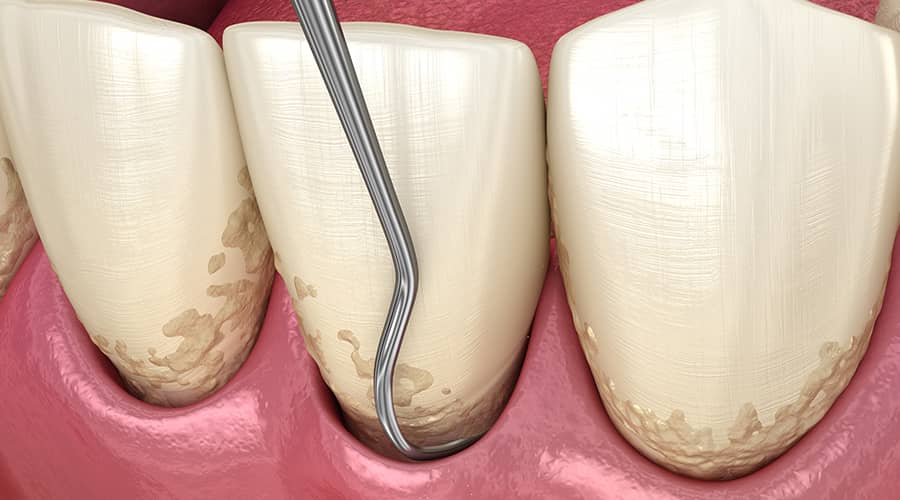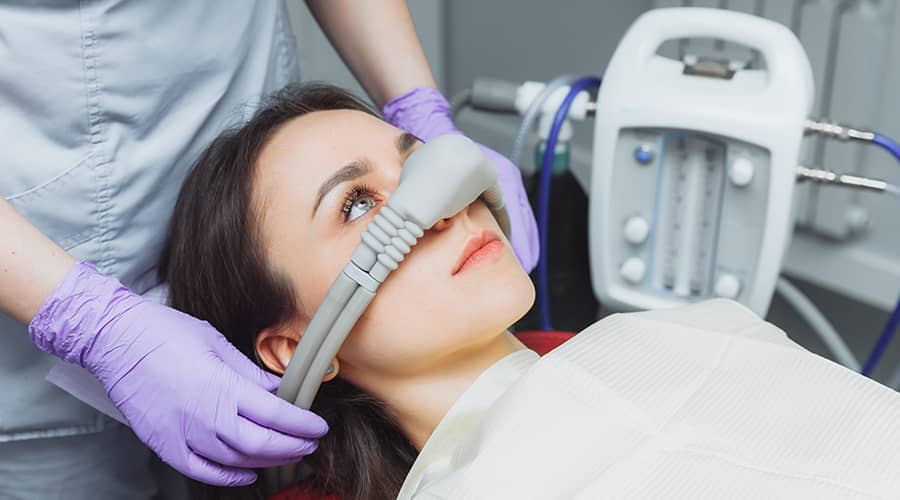
Advanced Dental Technology
We offer cutting-edge technology to help you get the best possible dental care in a comfortable and convenient office setting.

Botox Treatments for TMJ
Botox for TMJ disorder can be a great way to reduce pain and discomfort while also improving the appearance of your face.
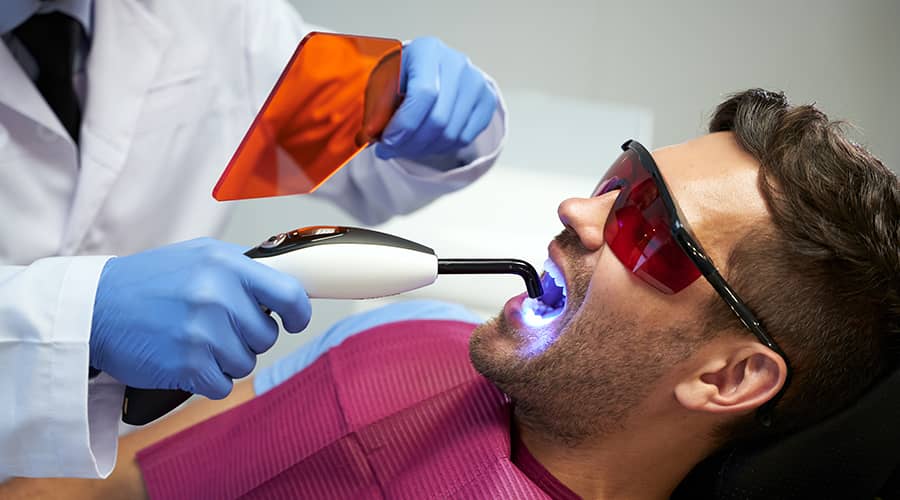
Dental Bonding
Dental Bonding is an affordable, minimally-invasive dental procedure that can help make minor adjustments to your smile.
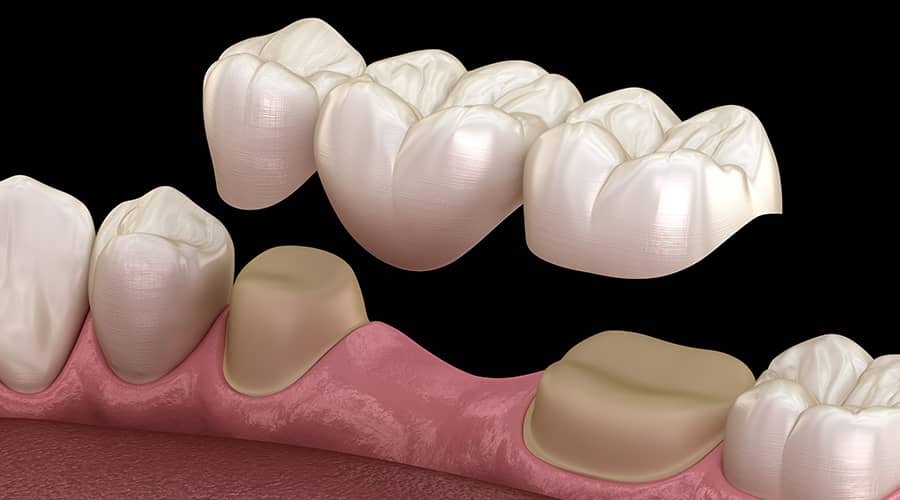
Dental Bridges
Dental bridges are a great option to bridge gaps between missing teeth to achieve a beautiful smile.

Dental Crowns and Same-Day Crowns
Same-day crowns are an innovative and convenient way to repair your smile in just one day,
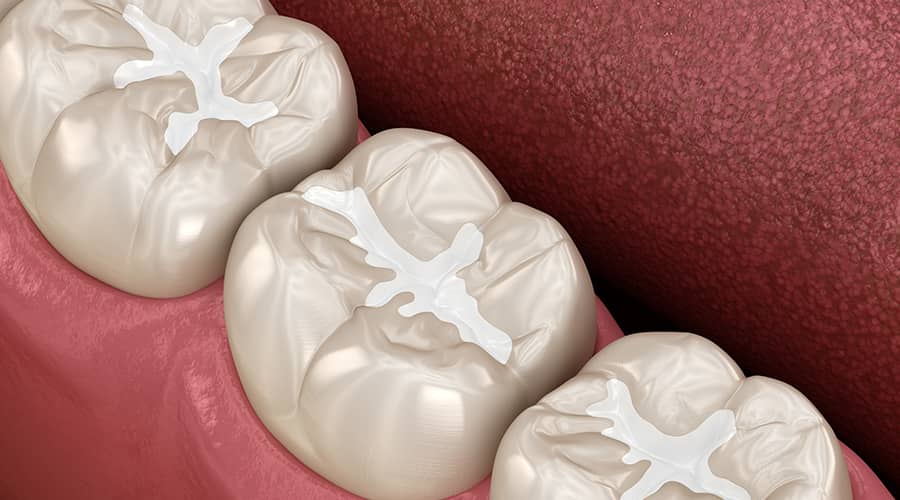
Dental Fillings
A dental filling is a type of restorative dentistry treatment used for repairing damage done to teeth.

Dental Implants
Dental implants are a great option for replacing missing teeth because they look, feel, and function like natural teeth.

Dental Veneers
Veneers are super thin layers of porcelain or composite resin material that are custom-made to fit on the surface of your teeth.
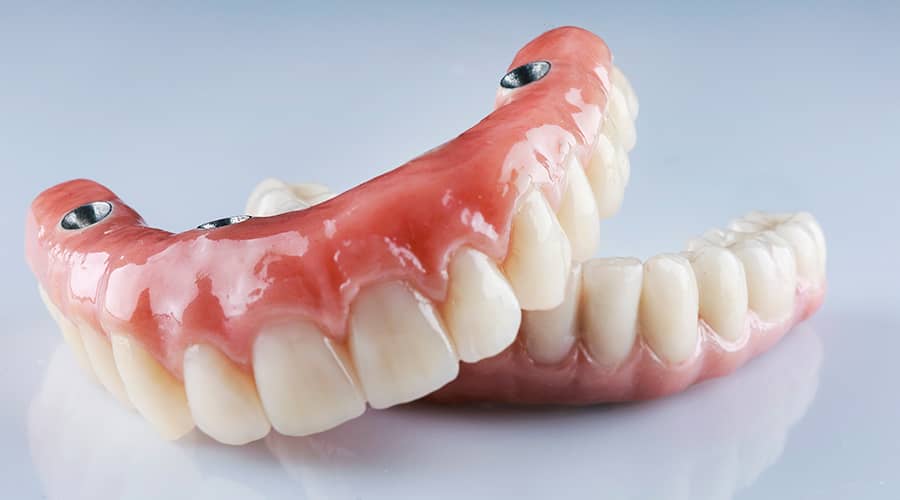
Dentures and Implant Overdentures
Regain your smile and boost your confidence with dentures and implant overdentures.
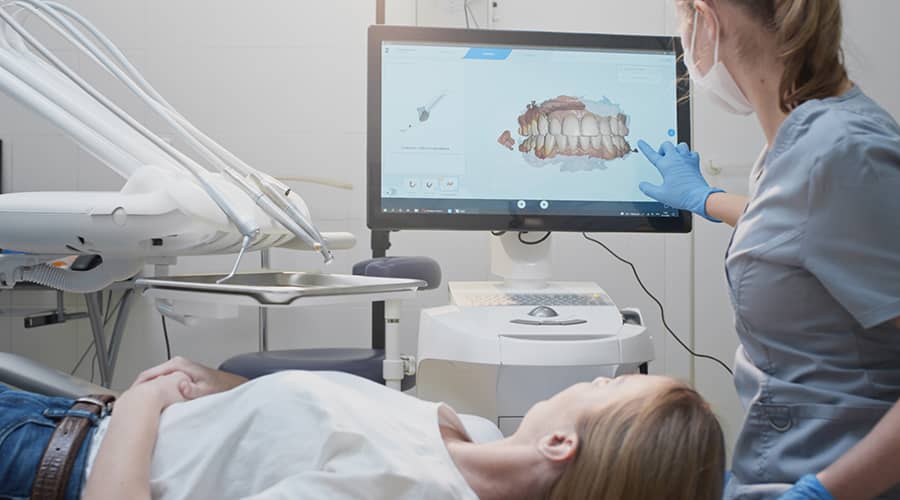
Digital Smile Design
A comprehensive approach to dentistry that focuses on designing and reconstructing the smile in a way that perfectly complements the patient’s facial features.
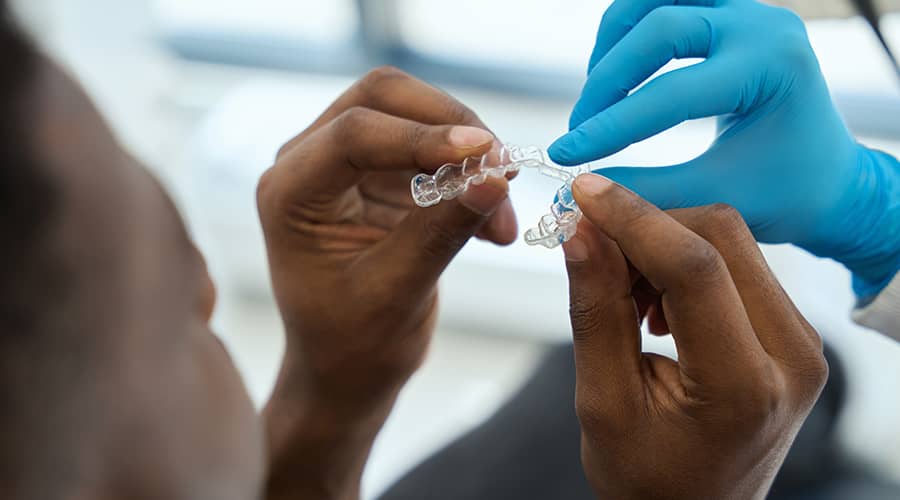
Mouthguards, Nightguards, & Retainers
A mouthguard is a dental appliance that protects your teeth and oral tissue from injury due to contact sports or other physical activities.

Root Canal Therapy
A root canal is an endodontic treatment that involves cleaning the inside of a tooth and removing inflamed and infected tissue.
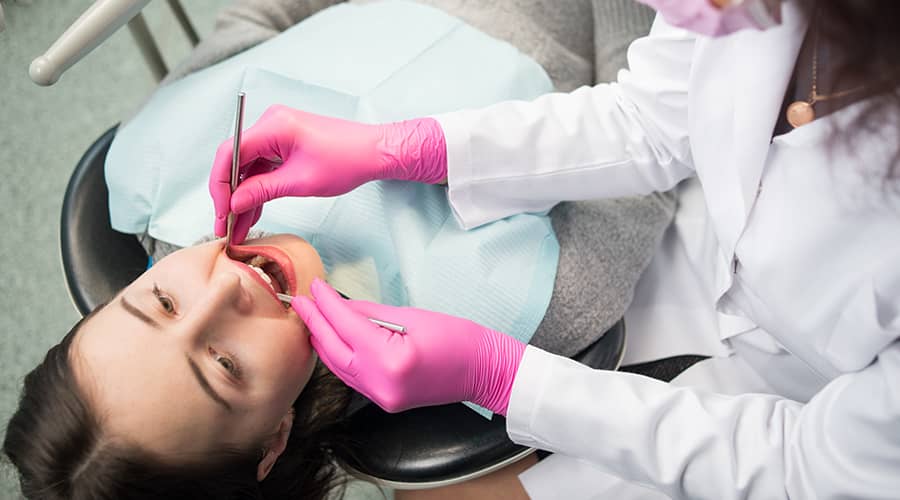
Routine Dental Exam
During an exam, your dentist will check for dental issues such as cavities (tooth decay), gum disease, and other oral health issues.
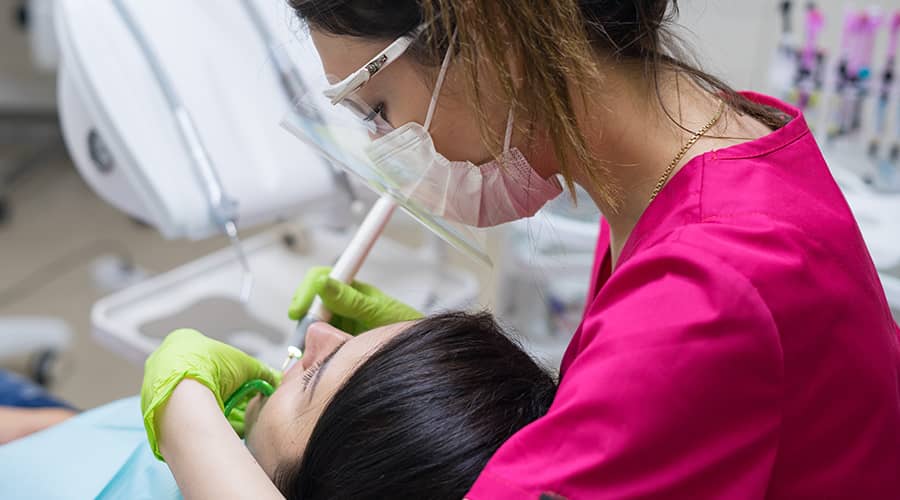
Routine Teeth Cleaning
Our experienced hygienists use the latest instruments and techniques to remove plaque, tartar, calculus and surface stains from your teeth.

